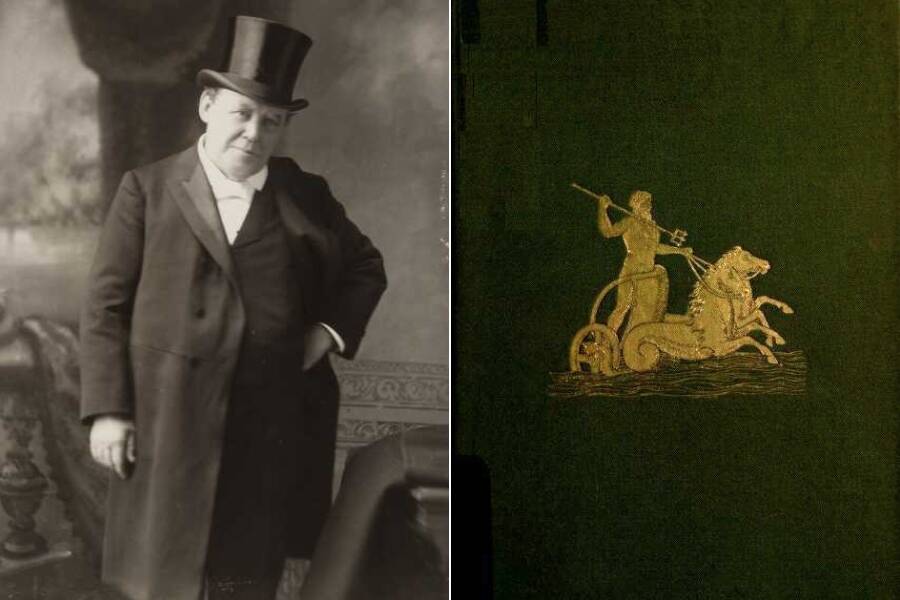From Plato to a 19th-century congressman-turned-pseudoscientist to the present day, this is the controversial story behind Atlantis, the alleged sunken city at the bottom of the sea.
“Let me begin by observing, first of all, that nine thousand was the sum of years which had elapsed since the war which was said to have taken place between all those who dwelt outside the Pillars of Heracles and those who dwelt within them: this war I am now to describe. Of the combatants on the one side, the city of Athens was reported to have been the ruler, and to have directed the contest; the combatants on the other side were led by the kings of the islands of Atlantis, which once had an extent greater than that of Libya and Asia…”
This excerpt from Plato’s Timaeus was history’s first mention of the kingdom of Atlantis. Plato, the Greek philosopher who lived more than 2,000 years ago, then goes on to recount a story that was purportedly told to him by Egyptian scholars, of a war that took place 9,000 years before his own time – one fought, he says, between Athens and Atlantis.
Plato offers a description of Atlantis and its history, highlighting this ancient civilization’s hubris, and pointing to that hubris as the source of their doom, eventually causing the gods to punish the kingdom by sending it to the bottom of the sea.
Most historians have since agreed that Plato’s Atlantis is nothing more than an allegory, a warning to his fellow Greeks that unchecked hubris can cause even the most utopian civilizations to collapse. And for most of recorded history, the story of Atlantis was an afterthought. Despite Plato saying that its story had been told by poets, priests, and historians for millennia before him, his account is the only known record in the ancient world.
Another account finally came nearly two millennia later, in 1882, when former U.S. congressman Ignatius L. Donnelly published Atlantis: The Antediluvian World. Although he had no scientific background, or any evidence, Donnelly claimed that Atlantis actually did exist, and that it had in fact been destroyed during the biblical Great Flood.

Public DomainIgnatius Donnelly and the cover of the first edition of Atlantis: The Antediluvian World.
Donnelly looked to other ancient civilizations, particularly the Maya, and said they all descended from Atlantis – that it was a place of common origin for ancient civilizations in Africa, the Americas, and Europe. He referred to the Atlanteans as an Aryan race of red-haired, blue-eyed people whose descendants were found mostly in Ireland.
Donnelly’s book proved to be a huge success, and he would go on to follow it up with other pseudoscientific manuscripts. In a life filled with largely uneventful forays into politics, Atlantis: The Antediluvian World was a high point.
But even Donnelly could not have predicted that nearly 150 years later, his writings on Atlantis would fuel further conspiracy theories about an ancient, lost kingdom resting somewhere at the bottom of the Atlantic Ocean.
Since Donnelly’s time, Atlantis has been linked to ancient aliens, the Bermuda Triangle, the Bimini Road rock formation in the Bahamas, advanced technology that ran on energy crystals, and even the Nazis. Yet, despite numerous expeditions to find this rumored sunken kingdom, no one has yet to do so. This is the fascinating history behind the lost city of Atlantis.
Learn more about the music used in our podcast. History Uncovered is part of the Airwave Media network. Learn more about your ad choices by visiting megaphone.fm/adchoices.






